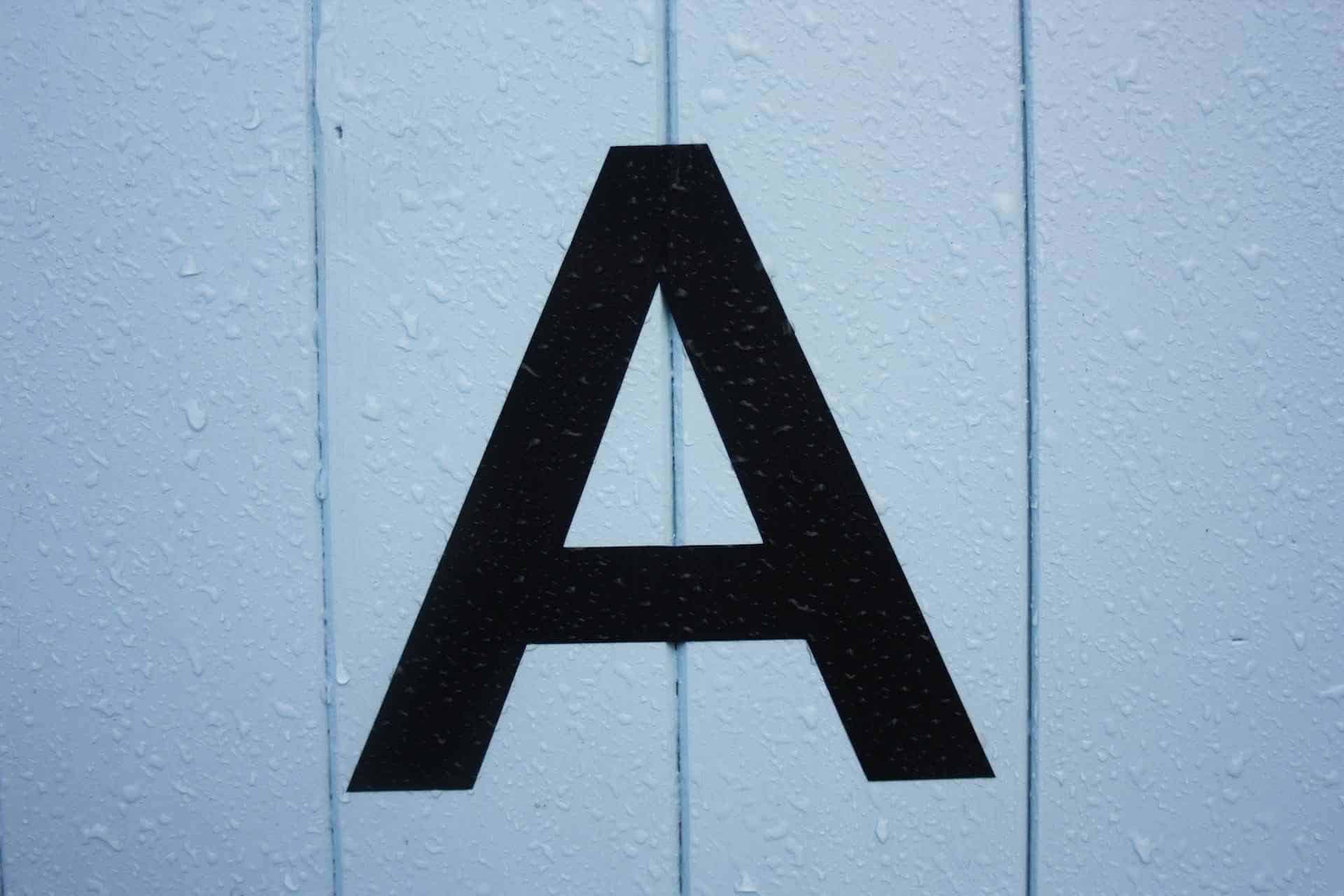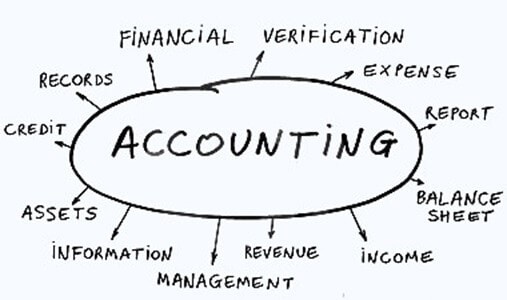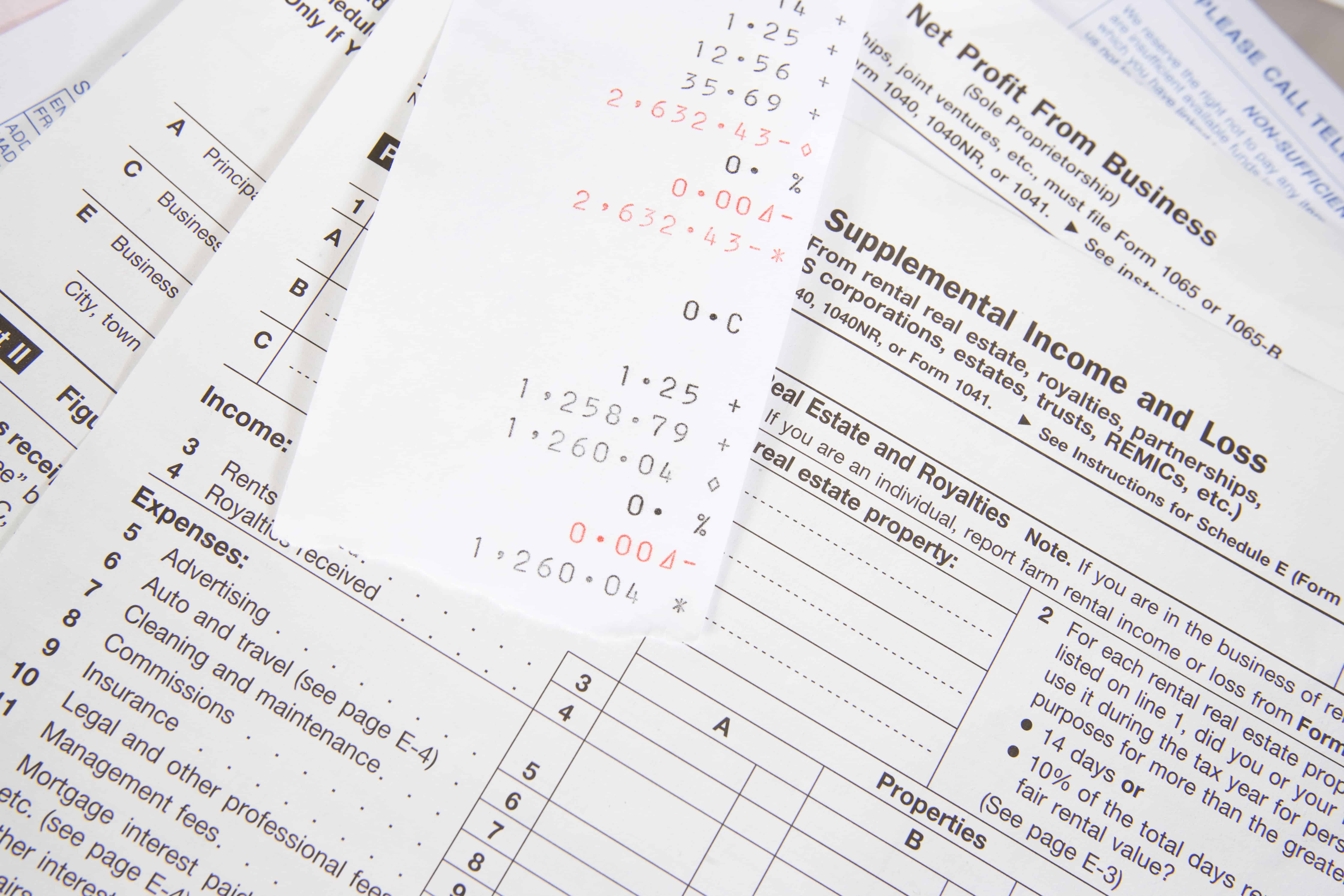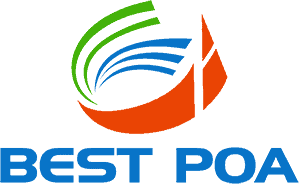
Many parents and students don’t think much about Principles of Accounts (POA). Unlike English, Maths and Sciences, it’s not a mainstream, “normal” or “cool” subject to have in one’s subject combination. There’s also a widely held misconception that taking POA reduces the chances of entry into a polytechnic or junior college. With little knowledge but much misconceptions about the subject among students and parents, it’s no wonder few see the potential for POA to be a subject that can help students add one more A1 to their result slip and also learn things that they can actually apply for the rest of their lives.
Junior College Or Polytechnic: POA Accounts As Part Of ‘O’ Level Aggregate Scores, Too
POA is a full humanities subject that can count towards anyone’s L1R5 or ELR2B2 at O level, just like most other subjects available, and wouldn’t affect anybody’s chances of getting into any tertiary education institution just because you chose to take POA as a subject. Apart from the compulsory subjects needed as part of your subject combination, POA can replace any other pure electives.
The paper is made up of 70% practical accounting questions, which involves basic math, and 30% theory questions, which involves writing some short answers. Most of the questions are open-ended, with some simple short calculations and the occasional need to prepare accounts and journals. No complicated math, no 300-word essay involved.

Questions that involve math are rather clear-cut. It’s either you get it right or you don’t. The challenge with POA doesn’t lie with the calculations – since it’s really just all about mastering the mathematical order of operations (or BODMAS, if you will) – but the principles behind the calculations. With a good understanding of accounting principles, that shouldn’t be a problem, and if you nail the math perfectly, you can be sure that you have at least 70 marks in the bag.
Now it may sound as if the paper is very heavy on theory. What if you’re not so much a theory person? Fret not. The theories are quite straight-forward. If you understand the real-world application, you’ll be able to relate to it and retain it for a long time to come. And as mentioned above, most of the non-mathematical questions are open-ended and tends to have few analytical questions. That means you can get away with memorising definitions, characteristics and ratios. Definitely not the kind of theories or essays involved in many other humanities subject.

Furthermore, it’s a practical subject that you are practising every day unknowingly. The principles of accounting can be applied to your daily buying and selling of your necessities, keeping track of how many collectables of an idol that is in your possession and counting how much money you have left after going on a shopping spree. POA teaches you principles and skills with application ranging from basic daily living to professional work, making POA the perfect subject to get you into your dream school and acquire some lifelong knowledge.
The Most Practical And Relevant Subject Our Secondary School Education’s Curriculum Has
Still not convinced? We have a few more points to help you understand how POA is relevant not only in school but in the real world and, can be relevant to your examination goals as well:
-
The practical nature of the subject
Unlike other subjects like English or Literature that is naturally subjective, POA is highly objective and practical. The practicality of the subject makes it an easy-to-learn subject with a little extra attention. Getting A1 and A2 grades in POA demands only dedication of the student and right guidance from the masters of this subject.
-
It prepares you for the job after “O” levels
Over 95% of the POA syllabus offers you in-depth knowledge for basic accounting. There are also various sectors where ‘O’ level POA graduates can earn a decent livelihood. No other subject offers such practicality and hands-on knowledge prepares you almost-instantaneously for the job.
-
POA gives you a broad spectrum of job opportunities
Accounting is the spine of every organisation. Unlike subjects like Physics and Chemistry that fit only specific real-time applications, knowledge of accounting principles is either a necessity or added advantage for most job positions. This compatibility places POA students in better job opportunities than others. Professional profiles like public accountants, financial analysts, compliance in financial sectors or staff auditors, are only available if you take accountings during secondary school education and master’s levels. POA is the basis for these.
But of course, more parents and students are realising that the probability of scoring an A1 for POA is higher than any other subjects yet is still able to contribute to the L1R5 score, and that results in stiffer competition. In a highly practical subject, understanding the theories are no longer enough; the students are expected to extrapolate these theories and apply them practically. This means that in order to improve your chances of nabbing that A1, it’s still best to learn from someone who has the practical experience to teach the most important theories and the best ways to apply them.

POA is often overlooked, but anyone who really understands the subject finds that its unparalleled relatability as an academic subject to our daily lives makes it easy to grasp (given the right guidance, of course!) and yet still contribute to your O level aggregate score, which is a great deal! The knowledge also lay down some foundation for your future jobs or even your own businesses. It’s one of those few subjects that remains relevant to you for many years to come.
Take a chance on POA, it’s not much of a risk anyway.
Are you worried that you are unable to score A1 for POA and looking for good POA Tuition Services? Mr Ling’s 25 years as an accountant and auditor and almost 30 years as an accounting enrichment course lecturer and a private tutor is sure to be of help. Look at what other students say about him.
Photos from Pexels

